Executive Editor: Stefanie Hunt-Kennedy

Stefanie Hunt-Kennedy is an Associate Professor of Caribbean, Atlantic World, and Disability History at the University of New Brunswick. Her scholarship brings together critical disability studies, feminist theory, animal studies, and critical race studies to examine the constitutive relationship between disability, slavery, and anti-black racism in the Caribbean.
Managing Editor: Jennifer W. Reiss

Jennifer W. Reiss is a Ph.D. candidate in History at the University of Pennsylvania. She is currently working on a dissertation exploring the intersection of womanhood and disability in colonial America and the early Republic.
Layout Editor: Samantha Burnett
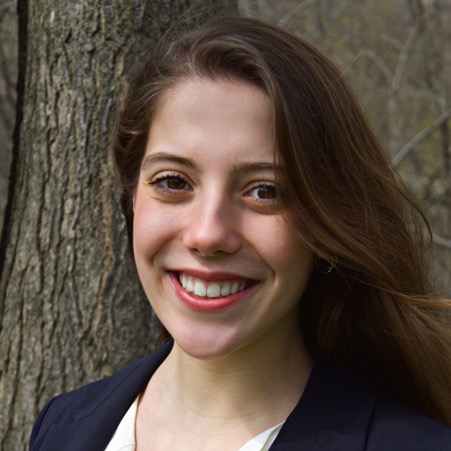
Samantha Burnett is a second-year Public History Master’s student at American University. Her research, which focuses on public disability history, most recently culminated in the creation of The Rest of History podcast.
Editors
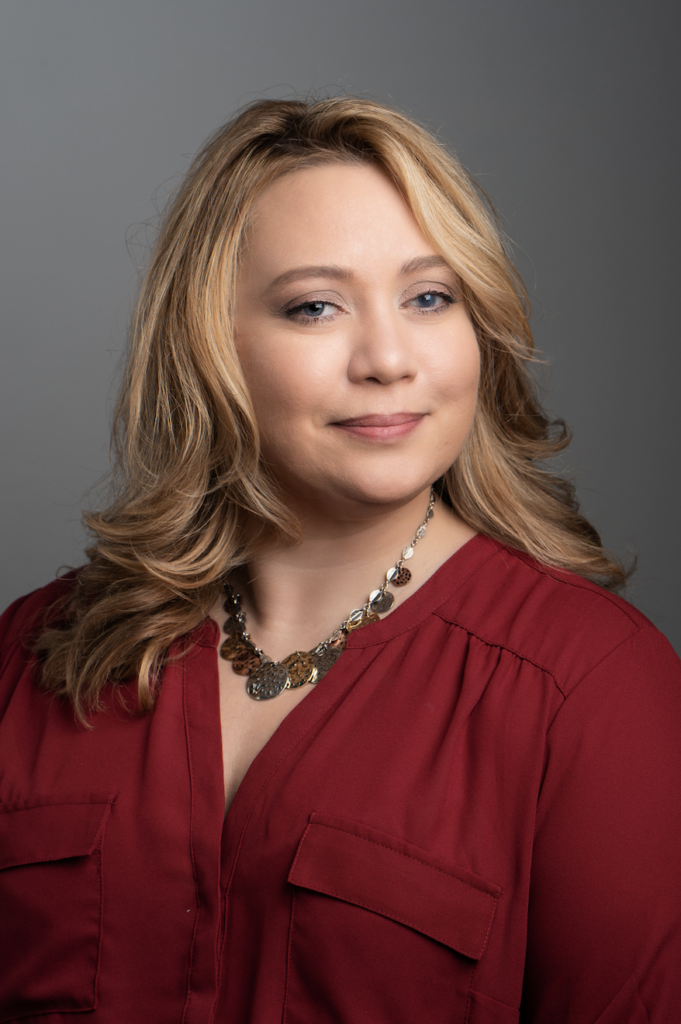
Jenifer L. Barclay is Associate Professor of History and Associate Director of the Center for Disability Studies at the University at Buffalo (SUNY). She is the author of The Mark of Slavery: Disability, Race, and Gender in Antebellum America (University of Illinois Press, 2021) and her work appears in publications such as Slavery & Abolition, Women, Gender, and Families of Color, and The Oxford Handbook of Disability History. She is working on her second monograph, Between Two Worlds: A Black Disability History of Southern Education from Emancipation to Integration and co-editing a forthcoming collection with Stefanie Hunt-Kennedy, Cripping the Archive: Disability, History, and Power (University of Illinois Press).
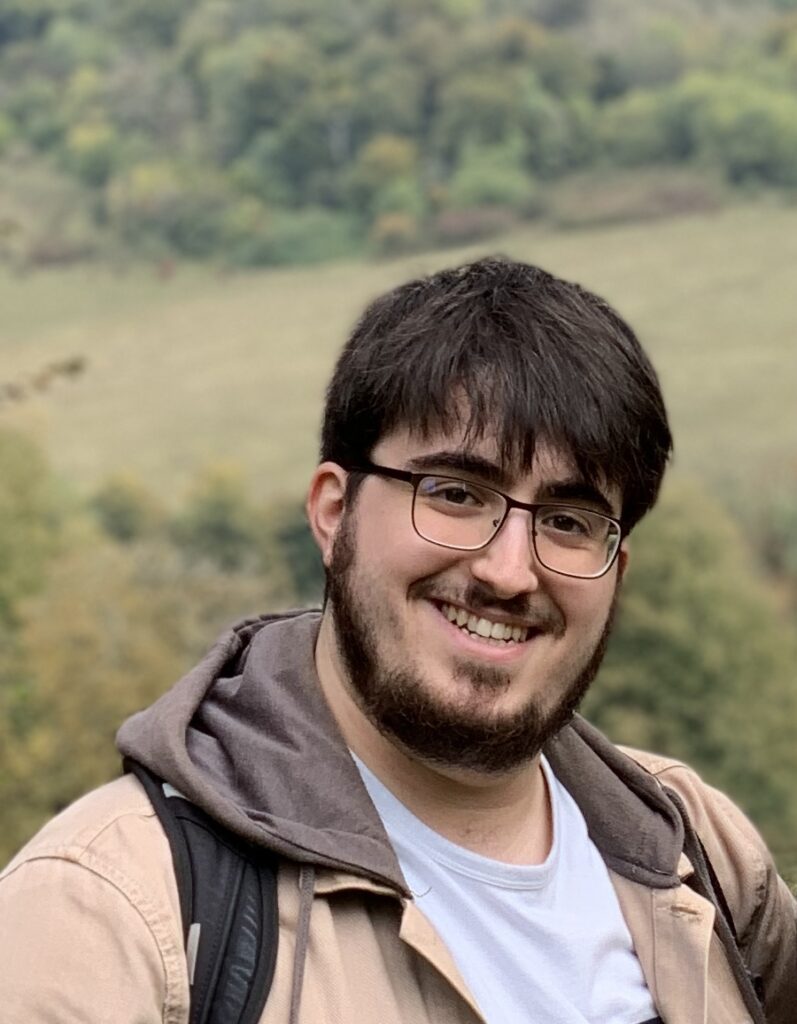
Samuel Brady is a PhD researcher at the University of Glasgow and the National Paralympic Heritage Trust, exploring the social, political and technological history of sporting wheelchairs. Alongside his research interests in disability, technology and sport, he is also interested in the intersections between race/ethnicity and disability, primarily concerning Jewish history and studies. Samuel is also a co-founder of the UK Disability History and Heritage Hub.
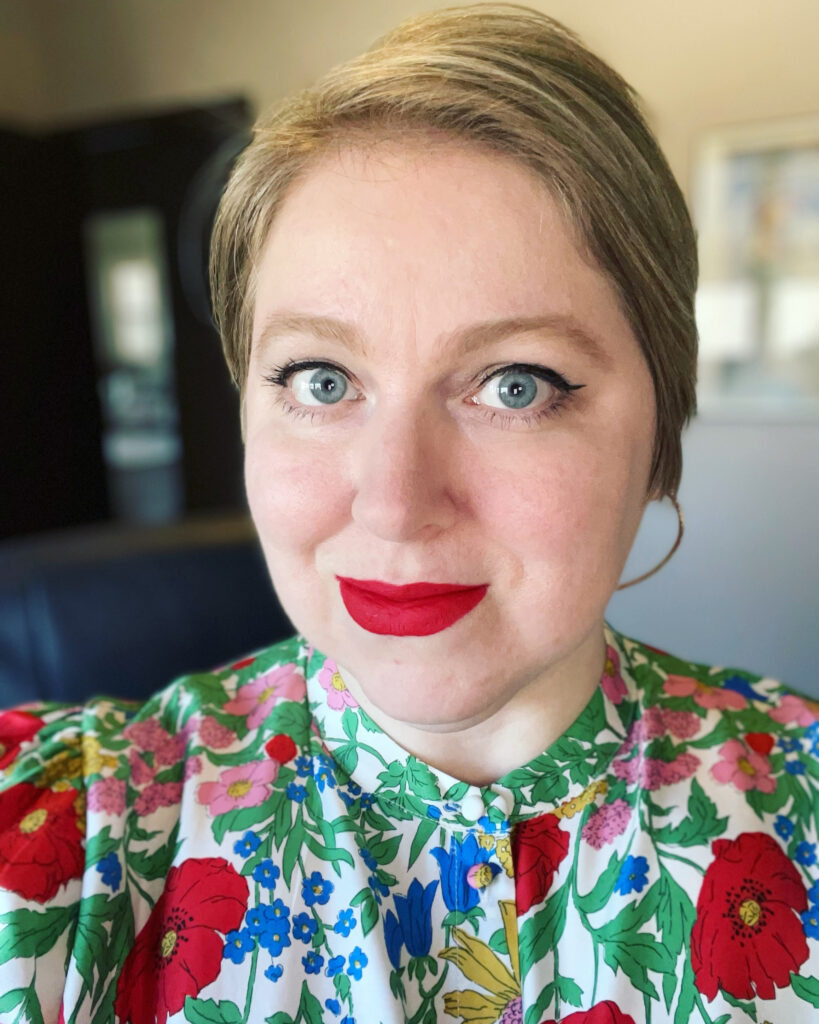
Rachel Ellen Clark is an Associate Professor of English at Wartburg College, studies disability in sixteenth- and seventeenth-century English literature. Her current book project examines how witchcraft itself created discourses of ability, disability, and hyperability that intersect with the racialized, gendered, and (a)sexual bodies of witches—ultimately helping to form notions of ableism that persist today.
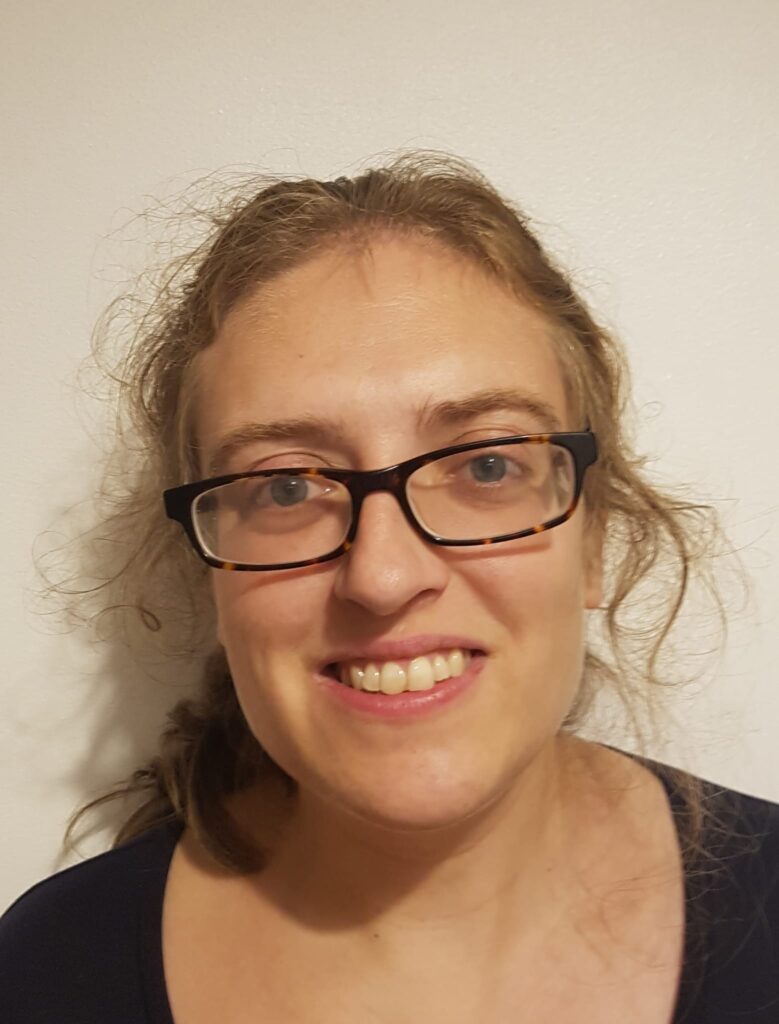
Esme Cleall (she/her) is a senior lecturer in the History of the British Empire at the University of Sheffield, UK. She works on the history of disability, race and gender in the British colonial context.

Laurel Daen is an Assistant Professor of American Studies at the University of Notre Dame, where she is affiliated with the Program in Gender Studies and the John J. Reilly Center for Science, Technology, and Values. Her research and teaching focus on disability, sickness, medicine, and health in America, primarily during the 18th and 19th centuries.
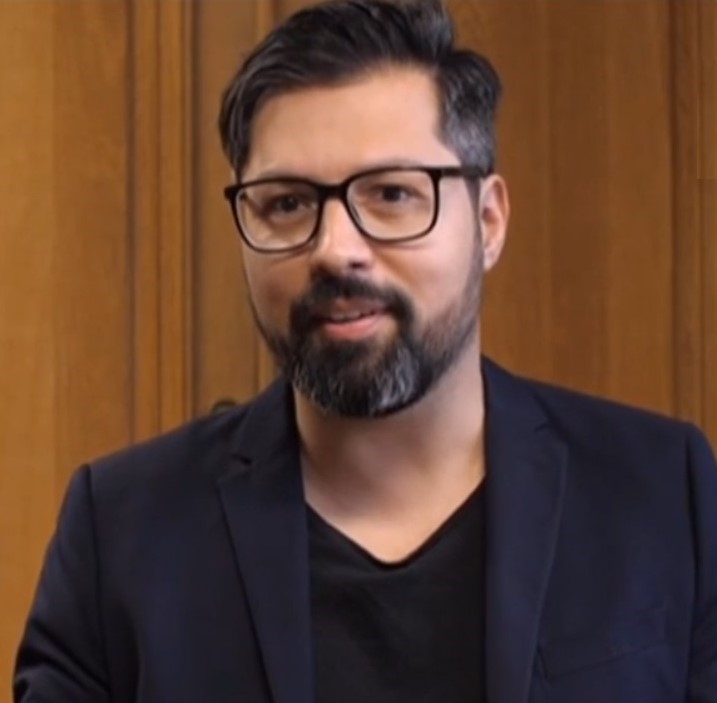
Radu Harald Dinu is an Assistant Professor of history at Jönköping University, Sweden. His research focuses on disability history and the modern and contemporary history of Eastern Europe. Dinu is also coordinating the Swedish network for critical disability studies (KritFunk).
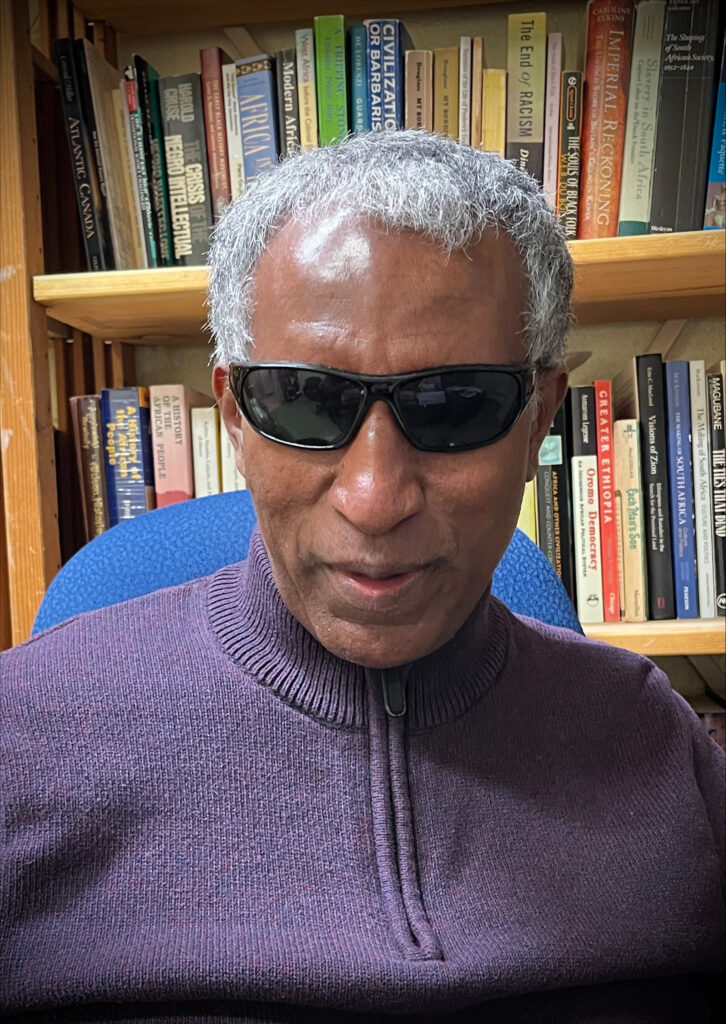
Fikru Gebrekidan received his PhD in African History, with a minor in Comparative Black History, from Michigan State University in 2001. He now teaches in the Department of History at St. Thomas University in Fredericton, Canada. His research publications focus on Ethiopian history, Pan-African intellectual history, and African disability history.
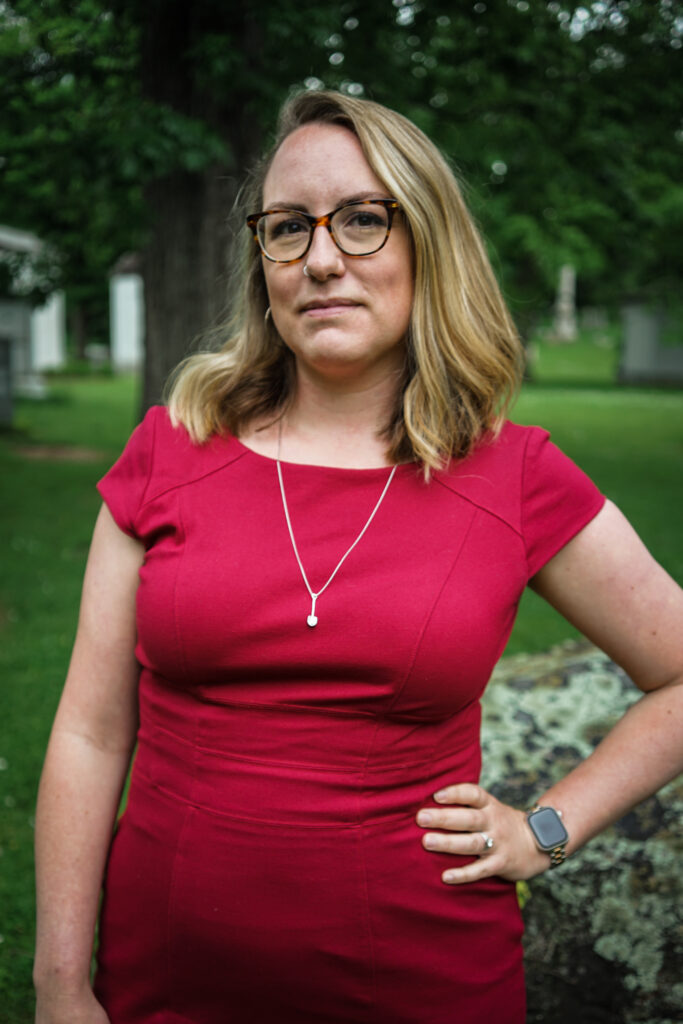
Sarah Handley-Cousins is an Assistant Teaching Professor at the University at Buffalo. Sarah’s research centers on the intersections of gender, disability, medicine, and war in the nineteenth century. Sarah is also committed to finding ways to accessibly communicate critical histories to public audiences, and serves as Executive Editor of Nursing Clio and a producer of Dig: A History Podcast.

Kim E. Nielsen is Distinguished Professor of Disability Studies and History at the University of Toledo (Ohio). Her scholarship explores gender, disability, law, and citizenship throughout history. She is author of the widely used A Disability History of the United States and co-editor of the twice award-winning Oxford Handbook of Disability History. In addition, she served as founding president of the Disability History Association and co-edits the Disability Histories book series at the University of Illinois Press. Furthermore, Professor Nielsen has expertise regarding Helen Keller, Anne Sullivan Macy, and biography. She is author of The Radical Lives of Helen Keller, Beyond the Miracle Worker: The Remarkable Life of Anne Sullivan Macy and Her Extraordinary Friendship with Helen Keller; and edited Helen Keller: Selected Writings. From 2015-2018, Nielsen co-edited the journal Disability Studies Quarterly. Nielsen’s most recent book, Money, Marriage, and Madness: The Life of Anna Ott, analyzes a mid-19th century physician institutionalized for two decades at a Wisconsin insane asylum. She speaks frequently and around the globe on issues of disability and history. She received her Ph.D. in History from the University of Iowa.

Caroline Lieffers is an Assistant Professor of History, specializing in nineteenth and twentieth-century social and cultural history, at King’s University, Edmonton. Her research examines the relationship between disability and U.S. imperialism, and she also writes about the histories of food, travel, and childhood.

Jiya Pandya is a PhD candidate at Princeton University in the Department of History and Program in Gender and Sexuality Studies. Their interests include the history of South Asia, theories of the body, crip, feminist, and queer theory, and transnational networks of race, caste, and disability. Their dissertation project, on which they are currently working, focuses on the traffic of the concept of “disability” and its connection to “social disability” in social welfare spaces in postcolonial India. Jiya has upcoming publications in Disability Studies Quarterly, Lateral, History of Anthropology Review, and QED: A Journal in GLBTQ Worldmaking. They are also deeply committed to disability justice in academia and beyond, and have co-organized the Princeton Gender, Sexuality, and Disability Working Group, compiled the #CripCOVID19 Syllabus featured on the Visualizing the Virus digital humanities project, are a member of the Critical Design Lab’s Remote Access Archive project, and serve on the board of the Asian Americans with Disabilities Initiative.
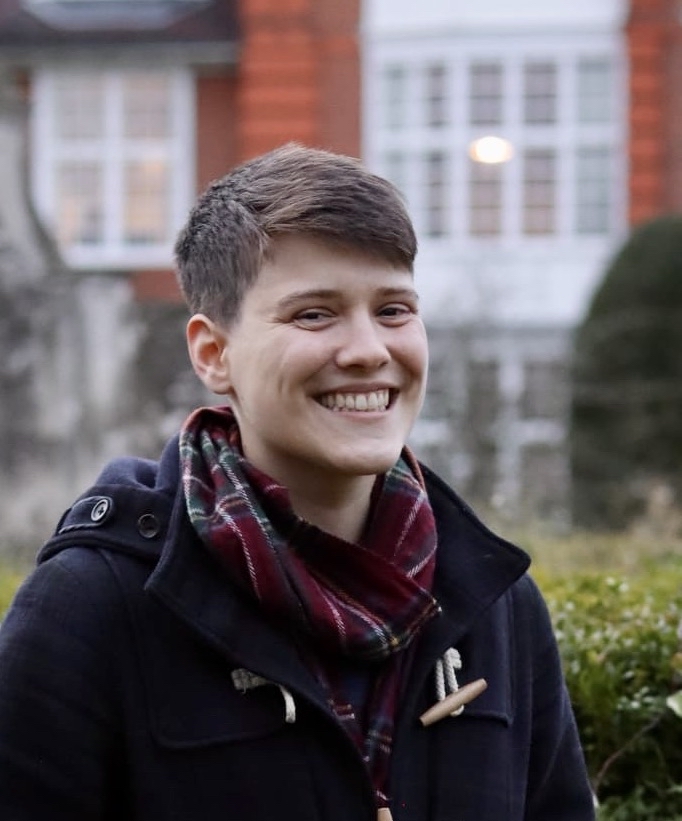
Meg E. Roberts is a Ph.D. candidate at the University of Cambridge, researching caregiving, care networks, and health crises during the American Revolutionary War. She is interested in histories of disability, medicine, gender, sexuality, labor, and environment, primarily during the eighteenth and early nineteenth centuries. Her use of objects as a key source for interpreting the historical experiences of disabled people and their caregivers is informed by her professional work in the museum sector.

Monica Mattfeld is Assistant Professor of English at the University of Northern British Columbia. She has written on the history of animal and human disability in “Animal” (Bloosmbury, 2021) and on horse-human relationships and performances of gender in Becoming Centaur: Eighteenth-Century Masculinity and English Horsemanship (Penn State 2017). In collaboration with Kristen Guest, she has edited Horse Breeds and Human Society: Purity, Identity, and the Making of the Modern Horse (Routledge 2020), Equestrian Cultures: Horses, Human Society, and the Discourse of Modernity (University of Chicago Press 2019), and a special issue of Humanimalia focusing on breed. Mattfeld is currently working on Poor Jades (forthcoming from Palgrave, 2024), a monograph focusing on questions of equine disability and welfare in the eighteenth century.